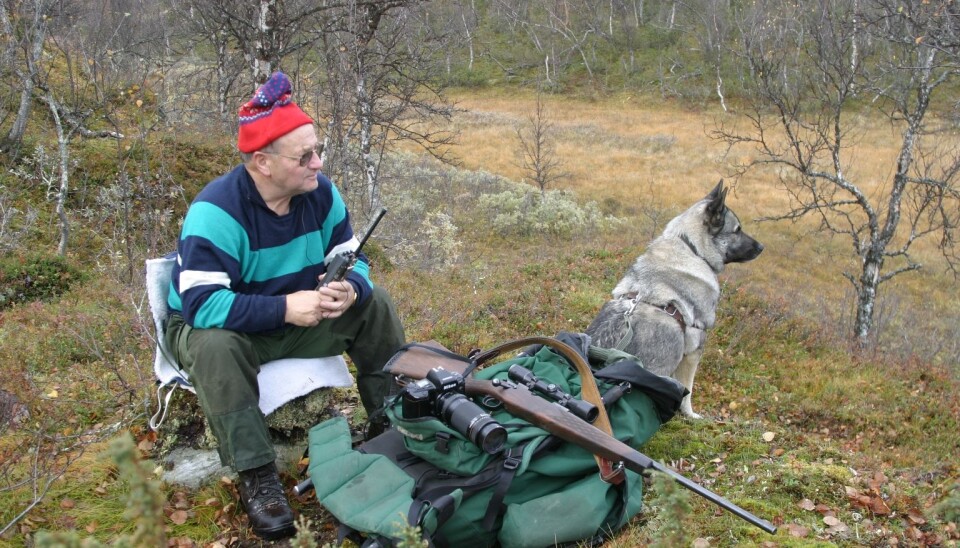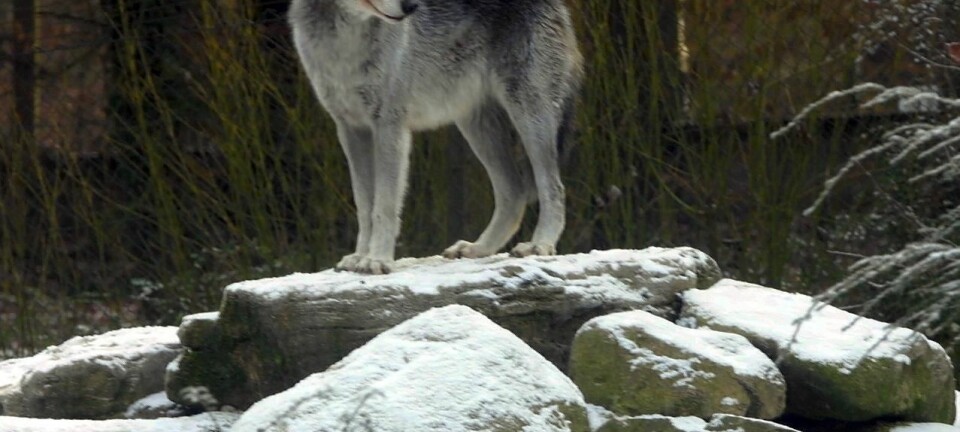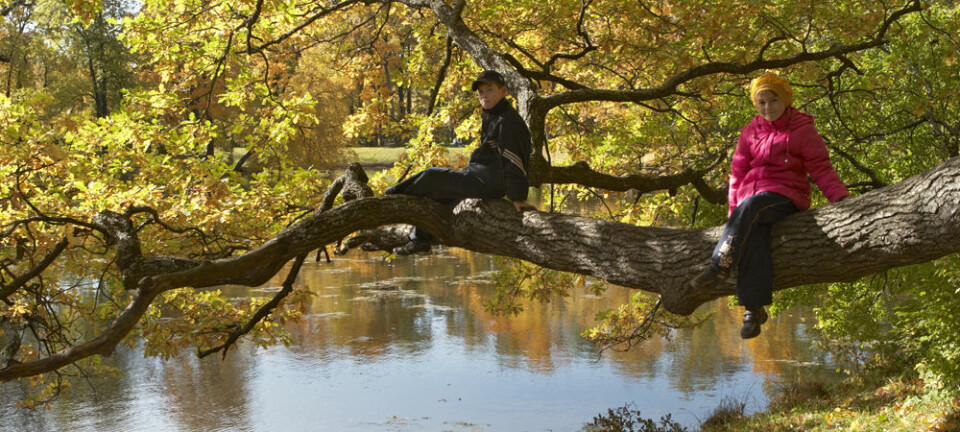This article was produced and financed by NINA - Norwegian Institute for Nature Research

Real hunters don’t shoot for fun
A true hunting experience is not about killing as many animals as possible, but about achieving a balance in the relationship between the hunter and the animal.
Denne artikkelen er over ti år gammel og kan inneholde utdatert informasjon.
Technically, hunting can be understood as the killing of wild animals. There are, however, numerous examples of forms of hunting where the act of killing itself does not seem to be the primary motive for the hunt.
But if hunting is not primarily represented by killing animals, what then characterizes hunters’ ideas of “true” hunting and “real” hunters?
The authentic hunt
As part of the project “HUNTing for sustainability” a group of international researchers has analyzed representations of authentic hunting among Norwegian moose hunters, based on field work and qualitative interviews.
Preliminary results indicate that the notion of authenticity often revolves around the relationship between the hunters and their game.
An easy kill is not a worthy kill.
"Most of the informants considered that a true hunting experience requires a balance in the relationship between the hunter and the animal," says NINA-researcher Helene Figari.
According to Figari, many of the moose hunters also tied the idea of authenticity to an apparently self-contradictory reluctance to shoot during the hunt.
The best hunter is often the one who doesn’t shoot
"Most of our informants emphasized the social aspect of the hunt, the knowledge it brings, the joy of spending time in natural environments, the duty of controlling game populations," explains Figari.
These are well known motives that have all been discussed in previous research. But Figari and her colleagues believe there is yet another, maybe less articulated but not least important, achievement at play in the hunt.
"Some of the hunters called it understanding the animals, others to get inside the head of the game" says the researhcer. She describes the "true" hunter as an Indian where he or she is an outstanding tracker, in one with nature, noiseless and has a profound knowledge of local nature and most importantly of the pray.
"According to the hunters involved in this project, “real” hunters prefer forms of hunting in which the pray has a fair chance to escape. They seek to achieve a balance in the relationship between the hunter and the hunted," she says.
In other words, hunting seems to represent a way of engaging with authentic nature, with the wild, embodied in the game.
In this perspective “real” hunters gain some of their authenticity from their contact with true wildness. And their reluctance to shoot – however ineffective such a practice might appear in terms of killing game – stands out as symbolically effective.
































